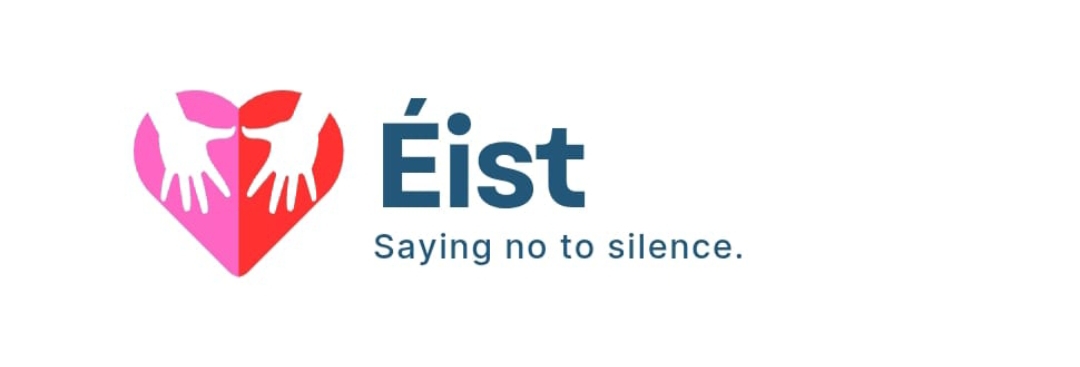FAQ's





Frequently Asked Questions (FAQ)
Support for Survivors of Rape & Gender-Based Violence
1. What is sexual violence?
Sexual violence refers to any unwanted sexual activity where consent is not obtained or freely given. An inappropriate touch, verbal innuendo, intimidation, blackmail, bullying of a sexual nature. Coercing a person to engage in sex against their will, even if that person is a spouse or intimate partner, is an act of aggression and violence.
2. What should I do immediately after an assault?
If you are in immediate danger, call emergency services or get to a safe place. If possible:
Do not shower, change clothes, or clean up — preserving evidence can be helpful if you choose to report.
Seek medical attention as soon as possible, even if you don't have visible injuries.
Contact a Éist for confidential help and guidance.
3. Do I have to report the assault to the Gardaí?
No. Reporting is your choice. You are not obligated to go to the Gardaí. Èist can guide you through your options, including anonymous or delayed reporting.
4. What are my rights as a victim/survivor?
Be treated with dignity and respect
Access medical care and mental health support
Decide whether or not to report to law enforcement
Have access to legal representation
Receive protection from retaliation or further harm
5. How can I get emotional support?
You are not alone. Here at Éist, we provide free counselling and psychotherapy to those who have suffered the unthinkable. Our counsellors are trauma informed and trained.
We can also provide you with legal advice and give you information and support should you wish to report the incident(s) to the Gardaí. A dedicated member of our trained staff can accompany you to any hospital/Gardaí appointments if you wish.
Éist also run workshops, group meetings and one-to-one emotional support mornings which will allow for you to engage with our service in a "less formal" manner if & when you need.
6. Can I get medical help without reporting to Gardaí?
Yes. You can seek medical attention without involving law enforcement. Medical staff can:
Check for injuries
Provide emergency contraception
Test for STIs/HIV
Offer a forensic exam (you can decide later whether to use it as evidence)
7. What if I was drinking, using drugs, or was unconscious?
You are not to blame. Consent must be clear and voluntary — and being intoxicated or unconscious means you could not consent.
8. What if the person who hurt me is someone I know or love?
Many survivors know their attacker. Abuse from a partner, family member, or friend is still violence, and help is available. You deserve to be safe, respected, and heard — no matter who harmed you.
9. What if I'm LGBTQIA+ or part of a marginalised group?
Support is available to all survivors, regardless of gender identity, sexual orientation, race, or immigration status. Éist offers specialised services for LGBTQIA+ survivors, migrants, people with disabilities, and others.
10. I'm afraid no one will believe me. What should I do?
Sadly, many survivors feel this way — but your experience is valid. You deserve to be heard and believed. By reaching out to us, we can assure you that you will receive a safe, non-judgemental service. We hear you. We see you. We believe you.
